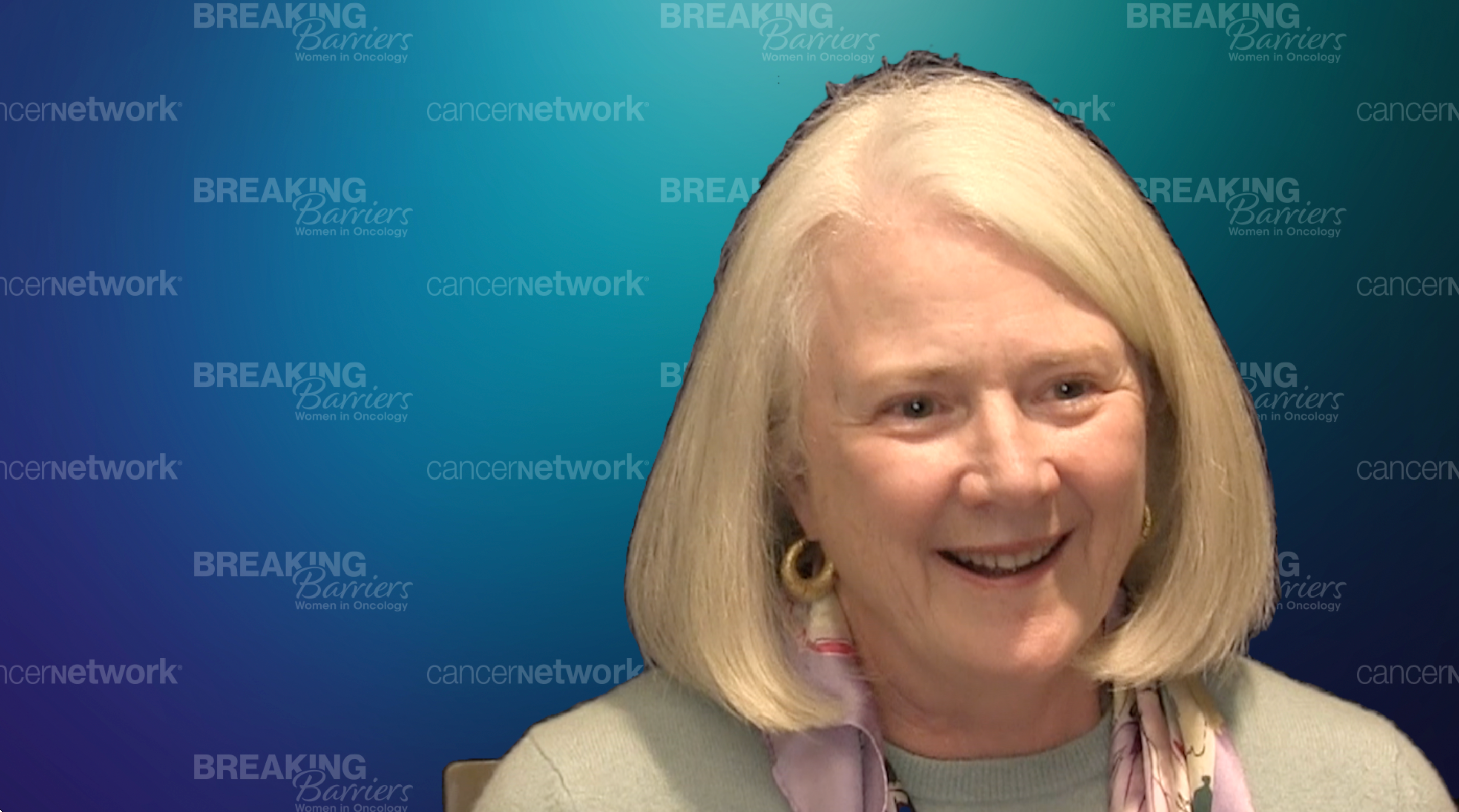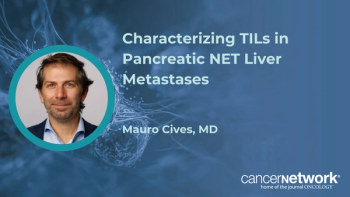
Navigating GU Oncology in a Male-Dominated Field

Mary-Ellen Taplin, MD, spoke about working in genitourinary oncology and how she has maneuvered the field as a woman.
Being a woman in the oncology field can sometimes be difficult. From managing work-life balance to being outnumbered among colleagues, it can take its toll. Mary-Ellen Taplin, MD, sat down for a discussion on Breaking Barriers: Women in Oncology to explain her journey and any challenges she experienced in her career.
Taplin, chair of the Executive Committee for Clinical Research and institute physician at Dana-Farber Cancer Institute, and professor of medicine at Harvard Medical School, recounted some of the experiences during her fellowship. However, she doesn’t believe those disparities or challenges would happen today, as the field has evolved.
She also touched on the number of genitourinary (GU) oncologists she works with at Dana-Farber, with the majority being women. However, other specialties, such as urology or radiation oncology, are having the opposite effect.
Transcript:
GU Oncology is a male-dominated field, especially on the urology side. When I started studying prostate cancer, let’s just say 1992, GU medical oncology was in its infancy. Most of the major cancer centers had very few practicing GU medical oncologists. Being a woman in GU medical oncology, there were very few of us but there were very few GU medical oncologists especially compared with today. I don’t perceive any significant barriers as a woman, especially on the medical oncology side. There are a lot of opportunities to work collaboratively, with people on different specialties, at least in the Boston area. We have a lot of women at Dana-Farber—maybe 7 or 8, GU medical oncologists that are women. But in the other specialties around us like urology and radiation oncology there are very few, if any, women who practice clinical prostate cancer in those areas. [I would say] medical oncology is more diverse.
The challenges that I’ve experienced were when I was a fellow. It was a long time ago, and medicine was very male dominated. For instance, out of 4 years of fellowship, with 12 [participants] only 2 were women and I had 1 child during my fellowship; the other woman had 2 children during the fellowship. It was talked about almost in front of us, that [our colleagues] were glad [more] women [didn’t match to] the fellowship. I don’t think that would happen today. Our society has become more inclusive and more welcoming to work-life balances, and some specific challenges around childbearing and rearing that women have.
Newsletter
Stay up to date on recent advances in the multidisciplinary approach to cancer.












































